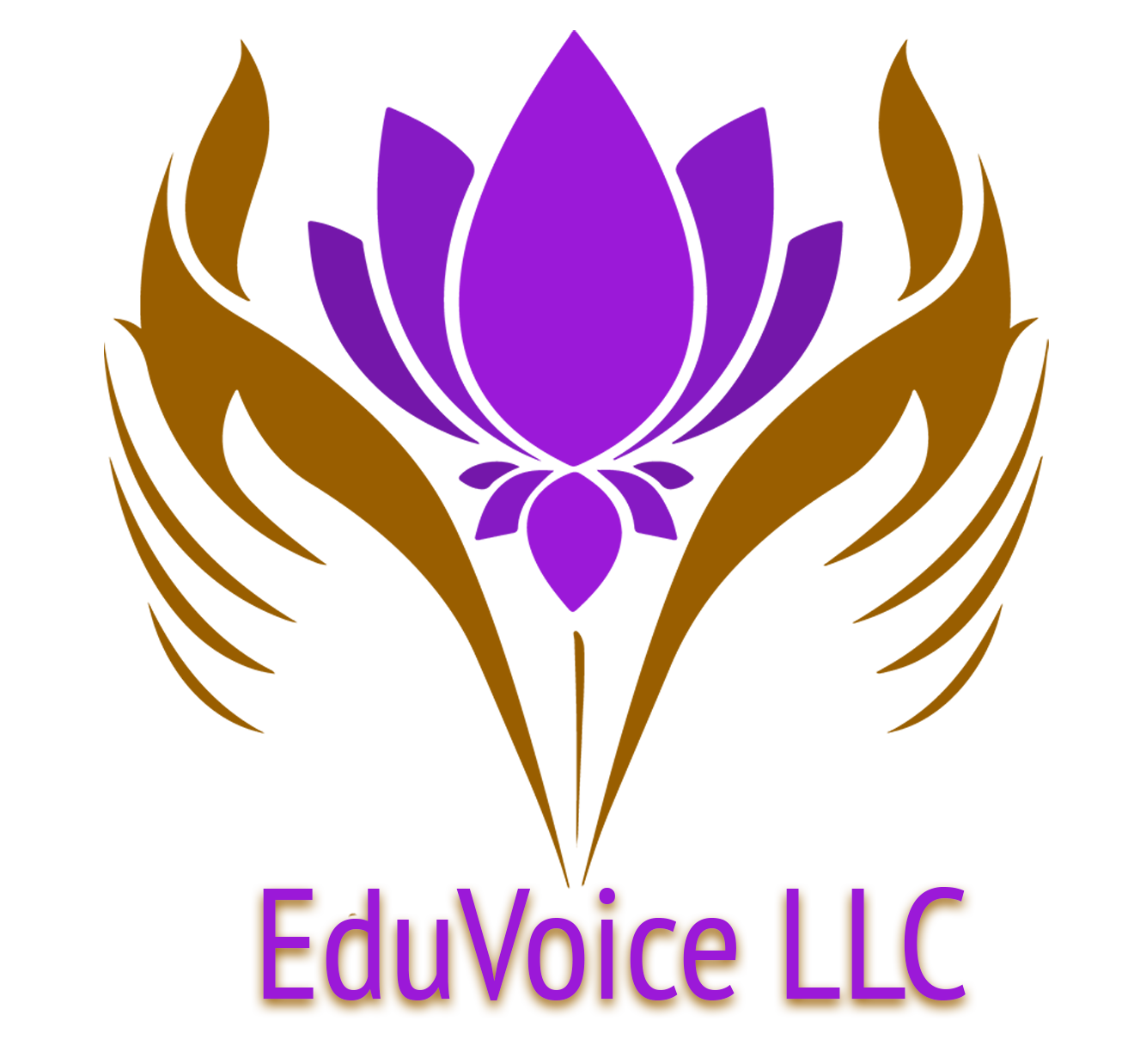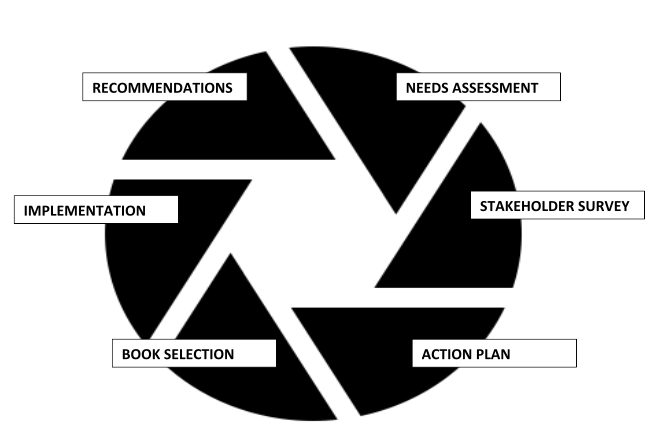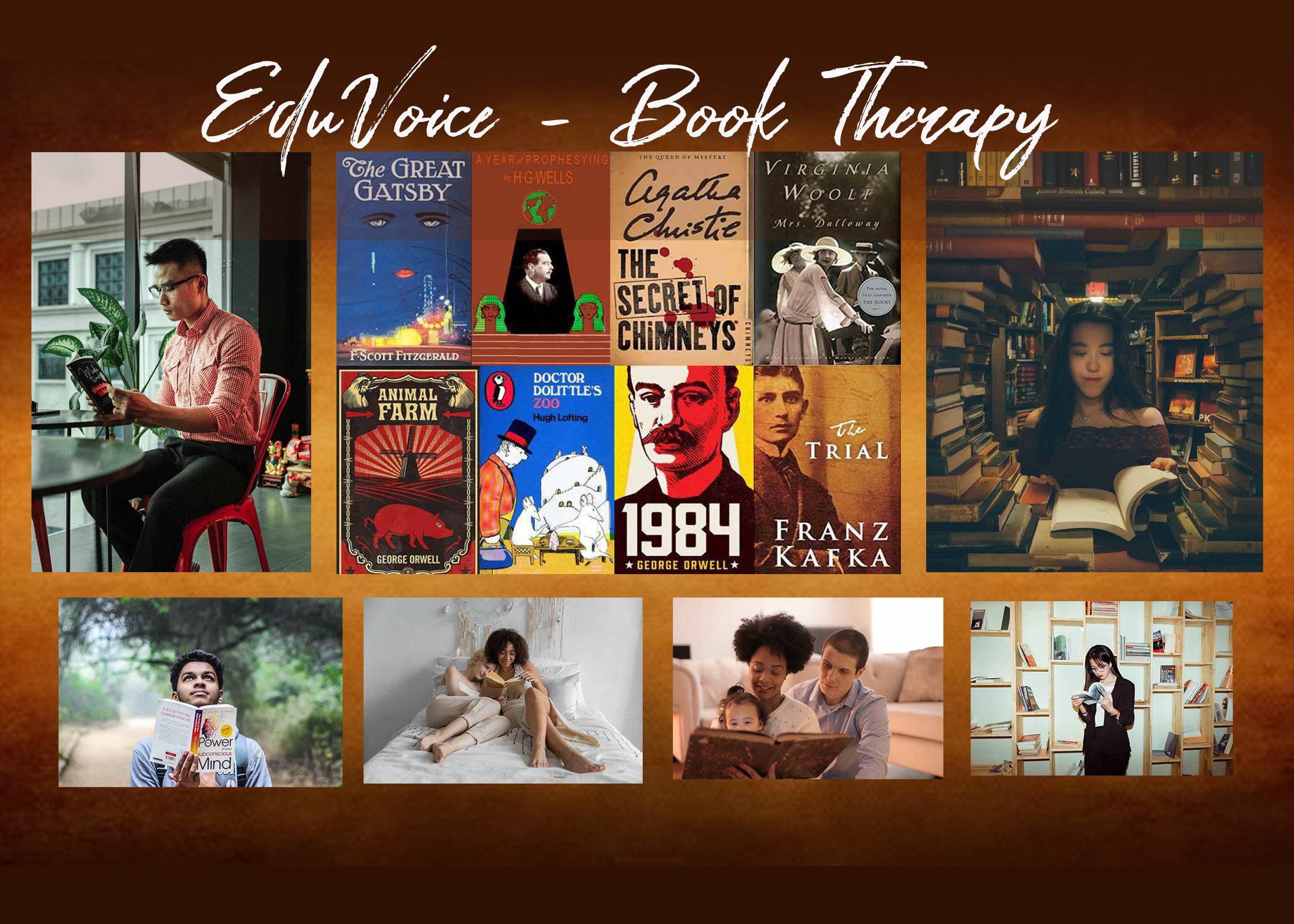Book Therapy Sessions can….
- Support organizations eradicating systemic racism
- Support individuals seeking self understanding
- Uplift, Encourage and Support organizational morale
- Re-envision organizational culture and mission
- Improve the functionality and efficiency of teams
- Support ALL students, faculty, staff and individuals who suffer
from racial, gender, biological, physical, emotional, and/or
mental trauma



NEEDS ASSESSMENT
Each client has a specific wellness need or goal; sometimes, the need or goal may be expressed and transparent. However, more often than not, an unexpressed goal/need can be overshadowed by traumatic experiences. Therefore, a needs assessment is performed to uncover a specific wellness need/goal so that designed instruction (Action Plan) carefully aligns with the identified and desired outcome. I affectionately reference this initial step as target practice. Critical conversations will center on family history, intergenerational trauma, and the pain body. Artifacts, like journal/diary writing, educational stories or narratives, may be requested. Onsite observational time may be required. These preliminary activities move us closer to the bull’s eye of individual, group, team or school wellness and health.
STAKEHOLDER SURVEY
Each client has a circle of significant others who have an invested interest in the health and wellness of the client. Even organizations and businesses have a vested interest in protecting the mission and stock of the group. Stockholders are stakeholders; whether a client is an individual, partnership, group, agency or school, investors expect dividends. For a school, high test scores, low drop-out rates and other factors associated with student achievement may demonstrate compassionate teachers who implement strategic lesson plans, parents/guardians with loving dispositions, and academic rigor. However, if high achieving students express dissatisfaction with life and/or themselves, then the seeming “dividend” presents as a health and wellness problem. Oblivious or uninformed stakeholders live a blind reality. Although a parent or school praises a high achieving student (reality), their full understanding of a child’s internal world can be misinformed (blind). Conducting a survey of stakeholders for a client informs the book therapist on the internal and external realities of a client’s environment. For instance, institutionalized racism does not get eradicated, if some investors don’t feel that it exists. An awareness of a problem is the first step in any transformative and healing solution.




ACTION PLAN
After a careful and methodical gathering of information from the Needs Assessment and Stakeholder Survey, the book therapist mobilizes a team of professionals to create and map out an appropriate plan of action that will achieve the wellness need and/or goal. The action plan will not only identify and name the book used for the therapy session, but provide a detailed rationale and explanation for the selection. The rationale must always align with the client’s need and/or goal. Even though specially designed goals are drafted for each client, every client will always have a wellness goal that seeks to rid the body and spirit of “mind noise,” the incessant loop of negative and self-injurious banter (aka Lucifer moments). Both formative and summative evaluations are established along with a system for progress monitoring. Outlined objectives facilitate implementation.
BOOK SELECTION
A book therapy session may not follow a linear style. After a Needs Assessment and Stakeholder Survey, a book selection may actually direct the action plan. Book therapy is a series of, sometimes, blended and non-sequential steps towards the wellness of an individual, team, group or organization.
An effective therapy book for self-love and finding beauty within oneself is Toni Morrison’s The Bluest Eye; healing for an ailing, sick or broken organization/team/partnership can be found within the pages of The Color Code by Taylor Hartman. Eric by Doris Lund provides a healing journey for understanding the pain and trauma of disease. Redefining Realness: My Path to Womanhood, Identity, Love & So Much More by Janet Mock is a beautiful choice for compassionate organizations seeking to listen, hear and understand invisible voices that intersect race, gender, ethnicity and biology. I, of course, recommend my own memoir, Lucifer and the Schoolteacher: The Trauma and Healing of Racism in American Education, to assist schools and agencies wanting to begin the lifelong work of eradicating institutional racism. Book therapy, as a transformative and healing solution, requires a unique set of skills. A book therapist must intimately understand the psycho-social underpinnings of trauma, possess an acute and profound emotional intelligence for prospective clients, strong educational background in literary technique, compassionate and communicative speaking, listening, reading and writing skills, patient, forgiving and resilient temperament, comfortability with serving as a liaison between potentially conflicting contingents and a humble spirit which undertakes self-reflection as a source of breath and water.


IMPLEMENTATION
Successful implementation requires a substantial investment of time and cognitive development. Perseverance, commitment, adaptability and flexibility are critical elements for each and every client. When a book therapist secures a contract with a client, the relationship becomes an extraordinary union of mind and spirit operating at a heart level. In other words, wellness and healing only takes place, if faith and trust support the partnership. Full implementation has several modalities that occur over a sustained period of time: faculty inservice, on-site training, online training, one to one session, book club, zoom meeting, teleconference, docuseries, virtual talk series, guided readings, guided meditations…(just to name a few). Regardless of the book therapy method, there must be frequent and consistent interactions between book therapist and client over a specified duration period (identified in the Action Plan), and just like the designed instruction must align with a transparent wellness goal, the modality of implementation must align with the designed instruction (Action Plan).
Homework assignments should be expected because every successful
journey requires meaningful work. If you focus on the hurt, you will continue to suffer. If you focus on the lesson, you will continue to grow. Book therapy lessons may be emotionally and mentally painful; it will require individual, silent, and reflective devotion; it will demand that you are faithful with all reading assignments; it will require risk taking and uncomfortable dialogue; it will challenge preconceived beliefs, notions; it will open closed conversations; it will awaken truth in an entirely new form; book therapy emancipates, inspires, awakens, releases the mind and spirit from burdens, worries, hassles, tensions, and stresses. Book therapy can heal trauma.
Another powerful modality of book therapy is diary and journal writing. Book composition is book therapy. In fact, book therapy may unveil a burgeoning author. The encouragement of writing one’s thoughts, feelings, experiences, memories into an organized format heals wounds. When you drain the swamp of the pain body, you release its negative influence upon your life. Carefully guided instruction for writing a memoir releases positive energy into the world and frees the heart and soul for health and wellness. Although publication may not be the end goal for a client, instruction and guidance for
publication is another modality of book therapy. Regardless of a client’s choice to publish or not to publish a memoir, renewal and rebirth pull the writer into a warm embrace.
RECOMMENDATIONS
A summative evaluation will move the book therapist and client toward future healing endeavors, support systems and resources. The team of professionals utilized in creating and mapping out the Action Plan is reassembled for a follow up plan with a potential offering of services to extend, continue or enhance healing and wellness. Depending upon the severity of uncovered trauma and the level of health and wellness of a client, the book therapist will recommend the expertise of other professionals. Book therapy is not a cure; book therapy is not a substitute for the expertise of a trained medical professional. Psychiatry is the branch of medicine focused on the diagnosis, treatment and prevention of mental, emotional and behavioral disorders. A psychiatrist is a medical doctor (an M.D. or D.O.) who specializes in mental health. A psychologist’s goal is to study and treat people who have mental illnesses or emotional difficulties, or to provide research on human behavior and how people think. A psychologist has a master’s or doctoral degree in psychology, supervised work experience and proper licensure or certification. The aforementioned professionals comprise a team of consulted and accessible experts for the book therapist; however, book therapy is uniquely a literary and spiritually based practice.

IS BOOK THERAPY FOR ME?
Ask yourself the following questions:
- Do I have the need to voice my hidden opinions to a non-judgmental person or audience?
- Do I feel invisible to the world? others? team members? family members?
- Do I want to connect with another person and share my spirituality/spiritual beliefs?
- Do I need a better understanding of my soul’s purpose?
- Do I love to analyze, critique and discuss books?
- Do I miss the traditional book club experience?
- Do I love how the world synchronizes with books that I read?
- Do I believe that a better self-understanding would improve my overall happiness and improve my relationships?
- Do I, sometimes, need advice and strategies on how to balance my work and home lives?
- Do I seek health and wellness in daily functioning?
- Do I need a better way to occupy my time with something more meaningful?
- Does my job overshadow, underestimate my worth?
- Do I seek a fresh understanding of world events?
- Do I need some type of renewal and rebirth?….
- Do I need help functioning more efficiently and effectively on a team?
- How can I improve my overall mood and wellness?
- How may I improve the wellness of a friend, family member or loved one?
- How can I improve the overall mood and wellness of my organization?
- How do I wrestle with the daily onslaught of institutionalized racism?
- How may I contribute to dismantling institutionalized racism?
- How may I shape or reshape the thinking of others?
- Why am I so angry?
- Why do I hate some people?
- Why do I hate myself?
If you ask yourself any one of these questions, then Book Therapy is for you. It will begin your journey toward better health and wellness. Give it a try…transformative thinking and healing may only be one book away !

